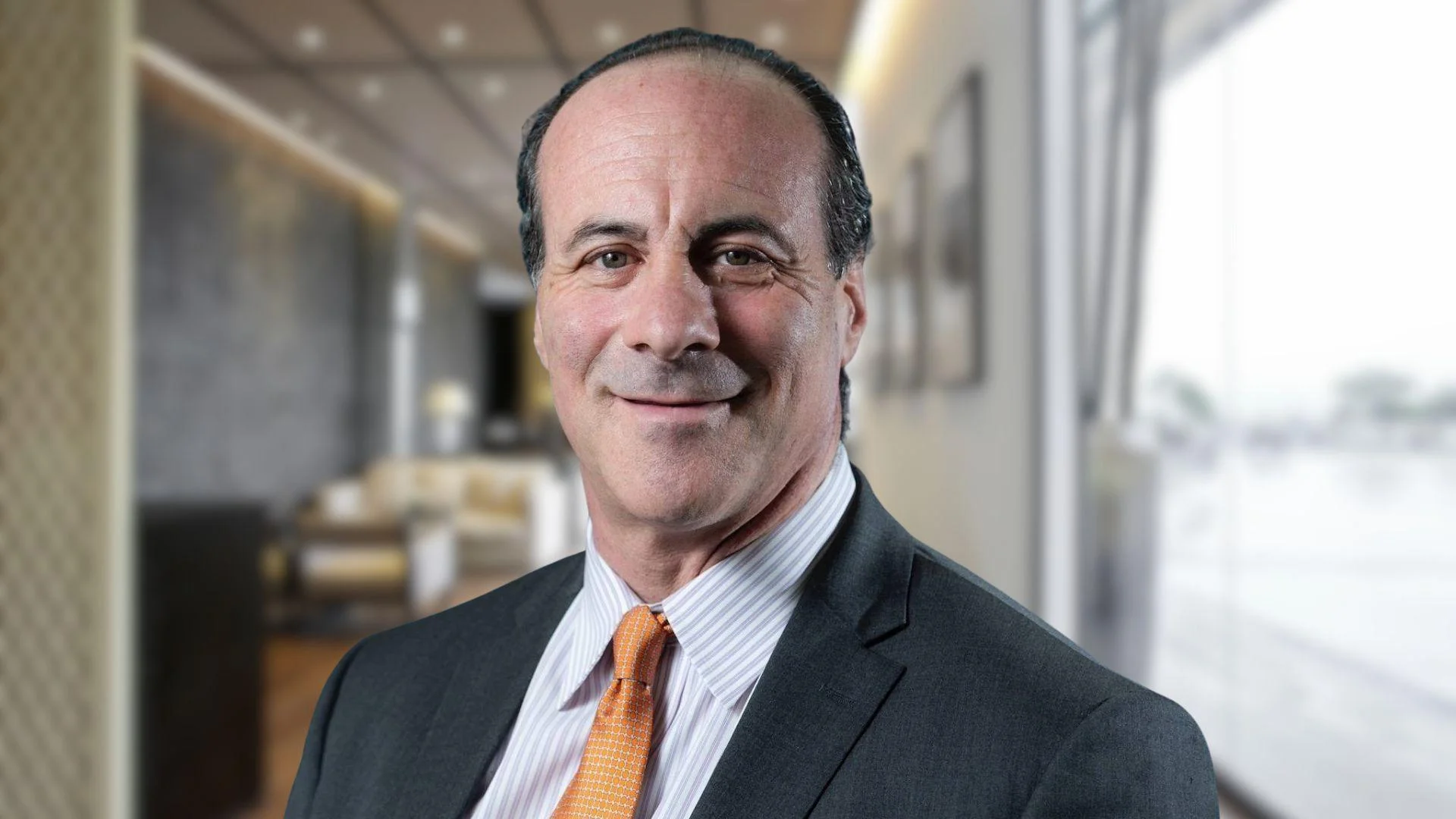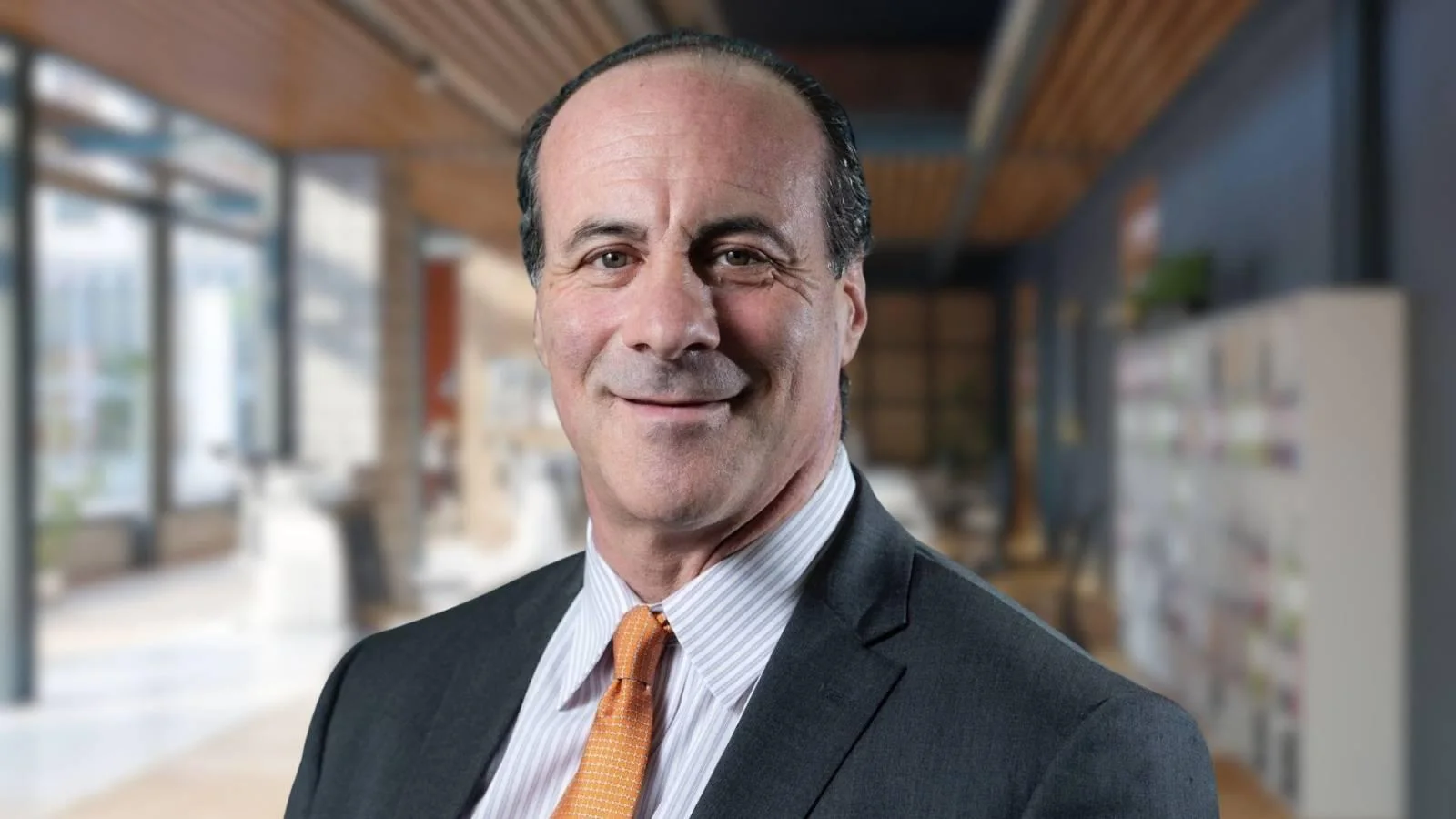Seth Hertlein, the Global Head of Policy at Ledger, a Paris-based digital asset wallet provider, has countered the widespread public belief that cryptocurrency is a common tool for criminals. According to Hertlein, illicit activity is more prevalent in the traditional financial system. His comments were featured in the Cap Hill Crypto newsletter's January 5 edition.
Binance Labs rebrands to YZi Labs with new leadership and investment focus

Crypto influencer: Bitcoin's 'design ensures that no single person or entity can control it'

The New SEC Chairman Is Pro-Crypto and Here's Why That Changes Everything

EUCI co-founder: 'A decentralised product will have different legal consequences in different markets'

US: SEC launches crypto task force led by Hester Peirce

ECB member doubles down on digital euro after Trump’s crypto EO: Report

Binance authorized by Uzbek regulator to provide services

Coinbase CEO on transaction delays: 'We were not anticipating this level of surge'

SEC launches crypto task force led by Hester Peirce

World Liberty Financial: Trump's DeFi project breaks records

Trump inauguration live: Latest crypto market updates, analysis, reactions

Shaping skylines: Developers eye crypto buildings in Dubai, Tokyo

Cryptocurrencies and finance: BlackRock and Hamilton Lane dive into DeFi with Plume

EU’s new ‘DORA’ rules come into effect: What does it mean for crypto?

Judge Bibas on SEC enforcement: SEC repeatedly sues crypto companies, ‘yet it will not tell them how to comply’

Bitcoin in the USA: Senator Lummis is already putting pressure on the former administration

Trump plans to make crypto a national priority

AMF and ACPR announce updated list of unauthorized investment websites

BaFin announces warning on unauthorized services by SNB Capital Limited

Polymarket Threatened With Ban By Thailand Cyber Police

Bitget User on 25% asset loss and account freezing: The 'admin just remove my comment'

Malaysia mulls crypto policy after talks with UAE and Binance founder CZ

Electric Capital co-founder calls regulatory actions 'Chokepoint 2.0'

Bitcoin: Pro-Crypto Cynthia Lummis Heads New Senate Subcommittee

Trump's Future Treasury Secretary Holds $500,000 in Bitcoin ETFs

Bitcoin Difficulty Hits All-Time High, Adjusts Positively for 8th Consecutive Time

Bybit halts India service following string of suspensions in other markets

Hong Kong launches 'supervision incubator' to help banks adopt blockchains

MEP Berger: 'The FDP needs Bitcoin'

Sen. Lummis on Ex-Vice Chair of Federal Reserve: He was 'enabling Chokepoint 2.0'


"Criminal activity involving crypto is orders of magnitude smaller, both on an aggregate and a percentage basis, than the amount of criminal proceeds moved through the traditional financial system in fiat currencies," Hertlein said. "When criminal proceeds are moved through crypto, seizure and recovery rates are far higher than in the traditional context. Turns out it's not easy to hide on an immutable public ledger. Contrary to the common misconception, crypto's relative lack of use in crime is a success story!"
Chainalysis, a blockchain analytics company, released a report indicating that only 0.15% of total crypto transactions in 2021 were linked to illicit wallet addresses. The report suggests that "The yearly trends suggest that with the exception of 2019 — an extreme outlier year for cryptocurrency-based crime largely due to the PlusToken Ponzi scheme — crime is becoming a smaller and smaller part of the cryptocurrency ecosystem." Chainalysis attributes this trend to the transparency provided by blockchain technology, which allows analysts to trace illicit funds more easily.
In its report titled "National Strategy for Combating Terrorist and Other Illicit Financing", the U.S. Treasury Department found that most terrorist organizations primarily rely on traditional financial systems and cash for fund transfers.
The United Nations Office on Drugs and Crime reported that an estimated 2-5% of global GDP or between $800 billion and $2 trillion USD is laundered annually. However, due to money laundering's clandestine nature, it remains challenging to estimate the total amount laundered.
Dr. Andrzej Gwizdalski from the University of Western Australia analyzed data from the United Nations, World Economic Forum, and Chainalysis. He found that "Traditional fiat, like the USD, is implicated in an estimated $3.2 trillion in illegal activities annually—over 100 times the $20 billion linked to cryptocurrencies," according to a post from Oodaloop. Gwizdalski also warned that "Using crypto for illegal purposes is inherently risky and plainly unwise with every transaction transparently recorded."
Before joining Ledger, Hertlein served as Head of Policy and Government Relations for the Stellar Development Foundation, where he oversaw global engagement on crypto policy and regulation. This information was shared in a press release by the PA Blockchain Coalition (PBC). Hertlein is also a member of the Blockchain Association and has previously served on the leadership committee of the Chamber of Digital Commerce’s Token Alliance. In May 2022, he was appointed as Advisory Board Chair for PBC.
More News
Brian Armstrong, CEO of Coinbase, said that broader cryptocurrency use will emerge from seamless products where users benefit without engaging with the underlying systems.
Michael Saylor, co-founder of Strategy Inc., announced that the company has expanded its bitcoin holdings and reported a 25.9% year-to-date yield for 2025.
Lark Davis, founder of Wealth Mastery, advised traders to avoid leverage and risky "revenge trading" amid widespread liquidations and emphasized the importance of protecting capital.
Kent Lin, Co-founder of Optimum, said that Bitcoin's market capitalization is approximately 7% of gold's, suggesting that the rally in gold expands potential upside for Bitcoin.
Anna Milne, founding director of research for the CAFE Association, said that membership focuses on industry leadership that combines innovation with consumer protection, rather than merely adhering to baseline compliance.
Edward "Coach" Weinhaus, the Founding Executive Director of the CAFE Association, emphasized that fraud is a shared problem and detailed the organization's plan to educate consumers and support responsible companies.
 Alerts Sign-up
Alerts Sign-up






